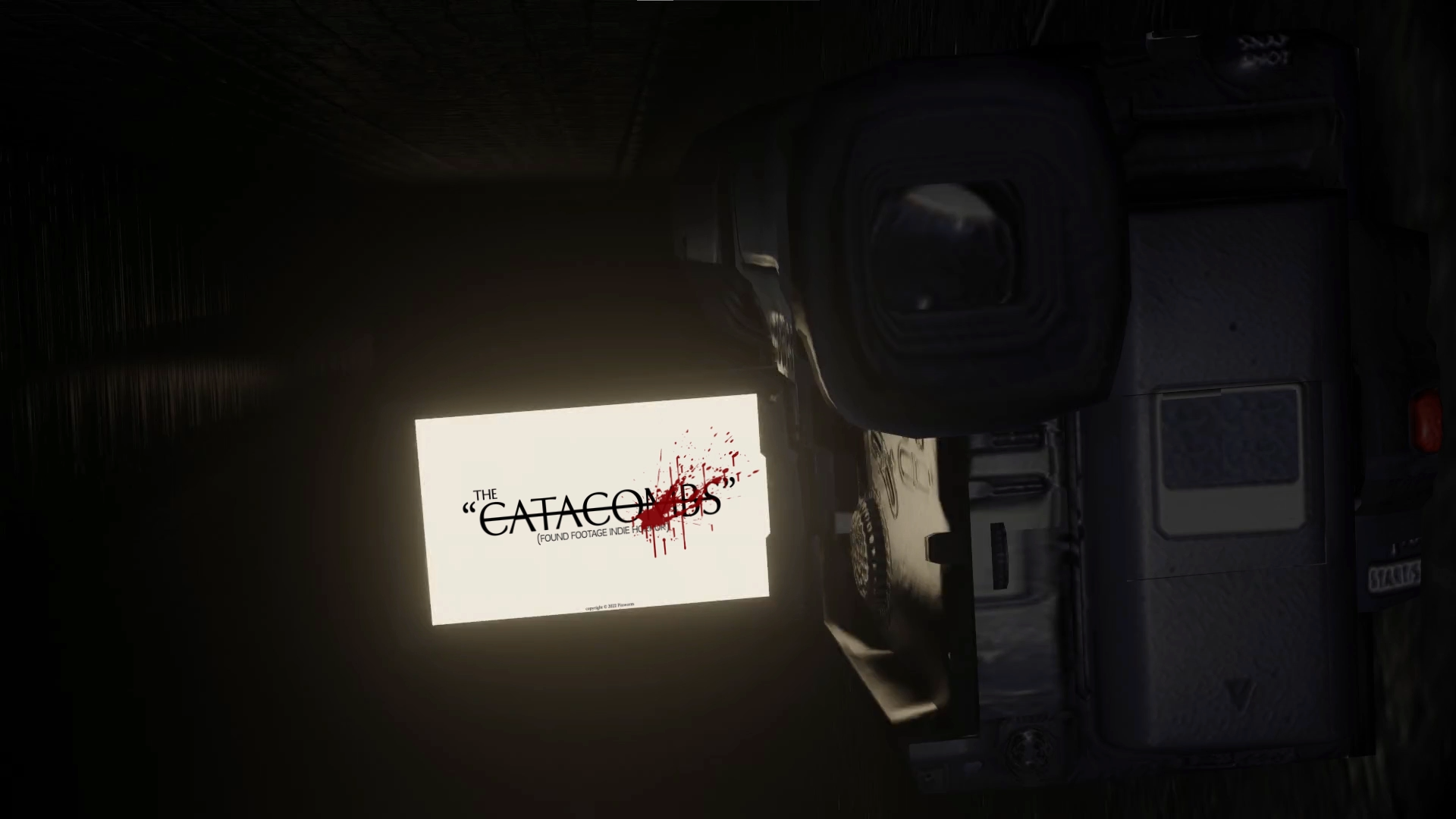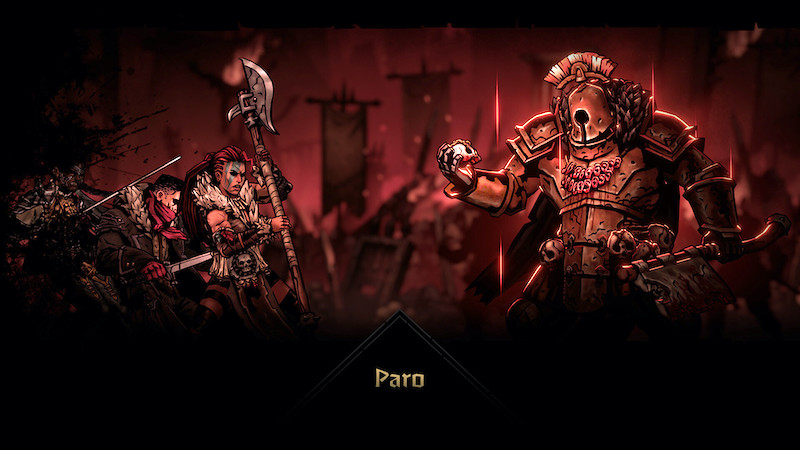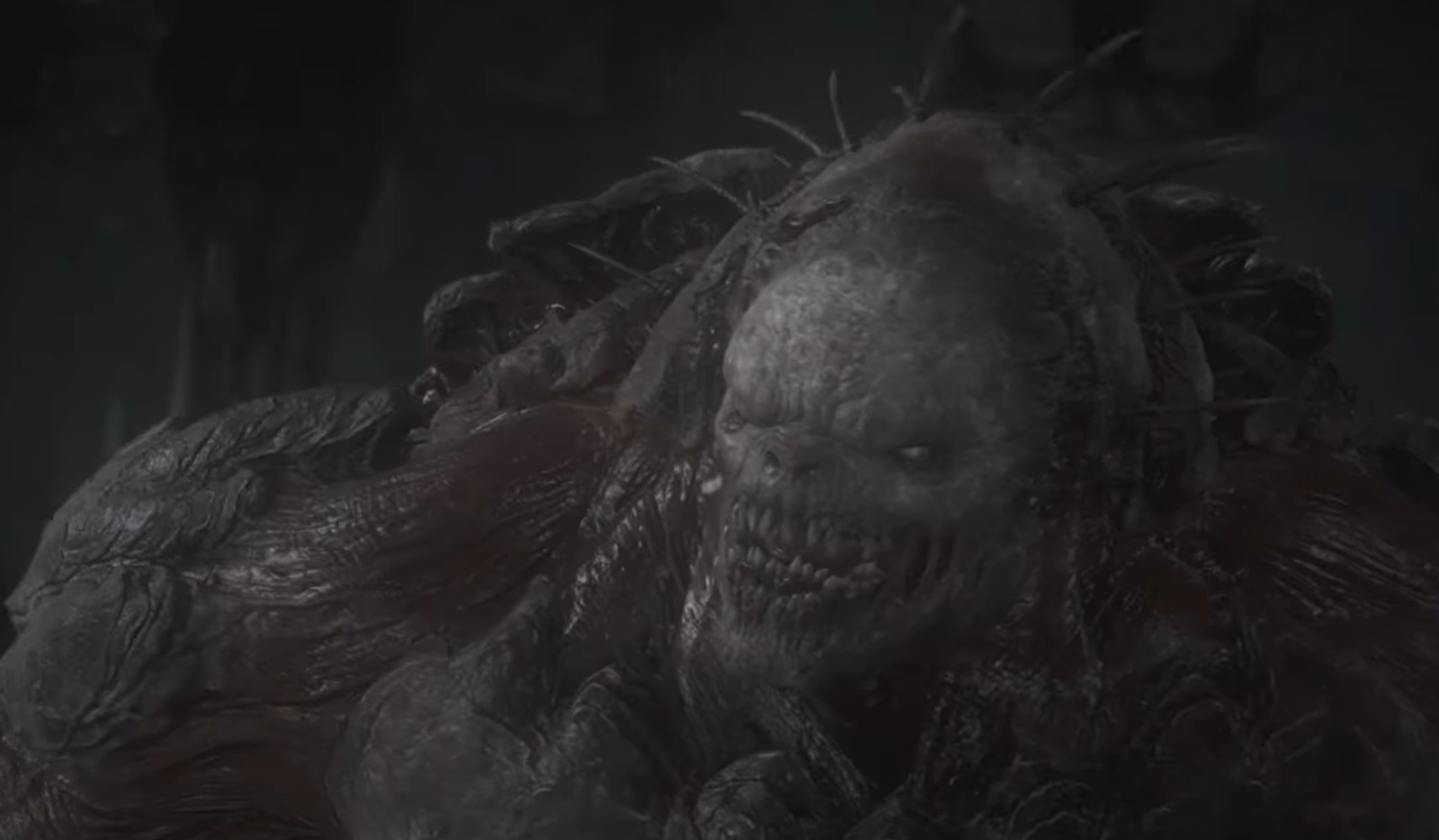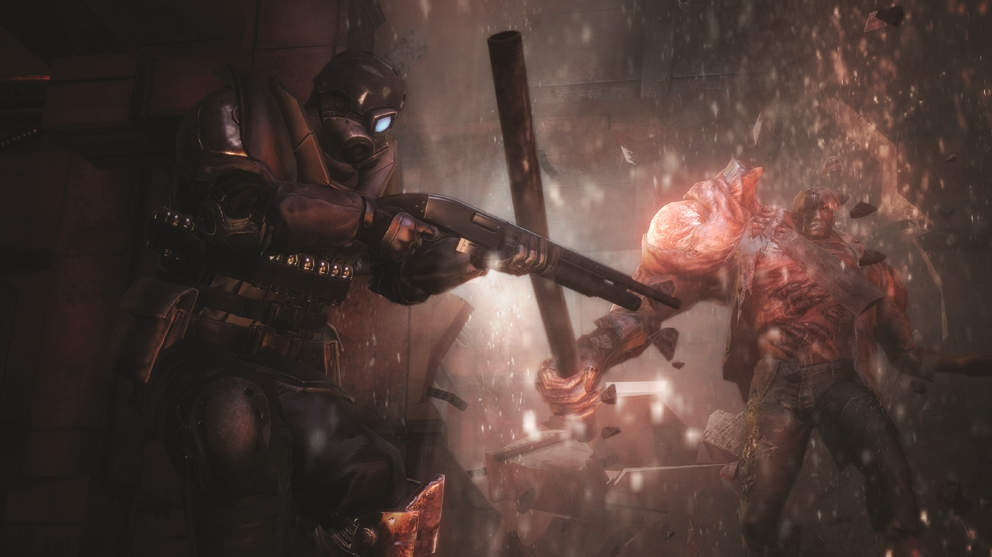
The Catacombs & Using Found Footage Correctly
I can’t get enough of found footage, and that means I will willingly swallow some shite to get a fix of it. This past week, I’ve been watching Incantation on Netflix, the later Paranormal Activity films, and also came across a couple of indie games that use the found footage style in different ways, and the found footage gorging got me thinking about how slapdash the use of it can be in both mediums.
The film As Above So Below is one of my favorite in the found footage sub-genre because it’s made with an understanding of what works when using found footage, and doesn’t just use it as a cheap gimmick to make a quick buck. A clear reason to use cameras, a convincing reason to keep them rolling as things get worse, and a reason to ensure the hapless holders of the camera can’t escape their fate. Paranormal Activity as a series requires a little too much suspension of disbelief. Not about ghosts and demons, but the extent to which some of those clowns keep hold of a camera and the inconsistency of rules. Don’t get me started on the ones that take it too far and have every other scary scene look like it’s being filmed by a drunk on a bucking bronco to convey ‘panic’.
It’s perhaps debatable just how bad the problem is, but there are games that are also guilty of misunderstanding the use of the found footage aesthetic and similarly, the use of VHS grain as visual flair. Outlast, flawed as it is, did generally make a case for using a Handycam as a mechanic, and Resident Evil 7‘s thematic use of tape recordings from pre-release onwards was a smartly-executed aspect of that story. Beyond that, it’s a largely hit-and-miss affair with more shots flying wide of the posts than between them.

Now I mention As Above, So Below as a better example in film because the game that really got me thinking about this was The Catacombs by burgeoning developer Pinworm. You see, it also uses the same ingredients as that film. Both are set underneath the streets of Paris, France, and feature someone documenting their descent into the dusty gloom via a video camera. Oh and yeah, something really fucked up is lurking in the winding corridors of stone and bone.
As you may have noticed in previous articles for DreadXP, I tend to talk about very short horror games, and The Catacombs is no different. It’s around 15 minutes of playtime give or take a minute, and as such is effectively a capsule form of what As Above, So Below does. The key things it does though are some of the most crucial aspects of it. First up is the treatment of the in-game video camera. During the descent, it runs out of batteries, the protagonist puts it down to do other tasks that require two hands (steady on), and it has a really fucking poor field of vision that only enhances the claustrophobic nature of the catacombs. In short, The Catacombs respects the video camera as part of its storytelling.

The other thing it does, that’s a little less about found footage, is capture just how disorientating the catacombs should be. In The Blair Witch Project you could kind of feel just as discombobulated by the environment as the trio behind the cameras. Then see the frustrating messy approximation Bloober Team goes for in its video game adaptation. There’s an element of that successful disorientation in As Above, So Below, and The Catacombs. What could be frustration at getting turned around or missing a small alcove that hides a passageway you need to head down is, to me at least, a welcome sense of disorientation that echoes exactly how I should be feeling.
When I first heard footsteps coming up behind me in The Catacombs, I didn’t run, I froze fast. Why? Well to that point, the game had taught me one thing quite clearly. I didn’t know what was going to be in front of my face, so what good would running do when the echoey nature of the tunnels meant I could stumble straight into whatever was moving around? It turned out to be a bad choice, but a good moment of horror that utilized darkness, sound, and a bit of psychology to smoothly create a moment.
The Catacombs could use more of that. The length of the game means it’s not long after that a conclusion is found and in between, there are a few decent little nuggets to set up the payoff. Unfortunately, the payoff isn’t as well-structured as I might have hoped, yet I wasn’t as downbeat about that as I might have been. This is the work of a fledgling developer, just starting out on the path, and there’s plenty to respect in what they’ve achieved with The Catacombs. At the heart of that is a better understanding of what works in found footage than some of the Billy Big Bollocks out there churning out identikit handheld spookfests.
The Catacombs by Pinworm is out now on itch.io.




